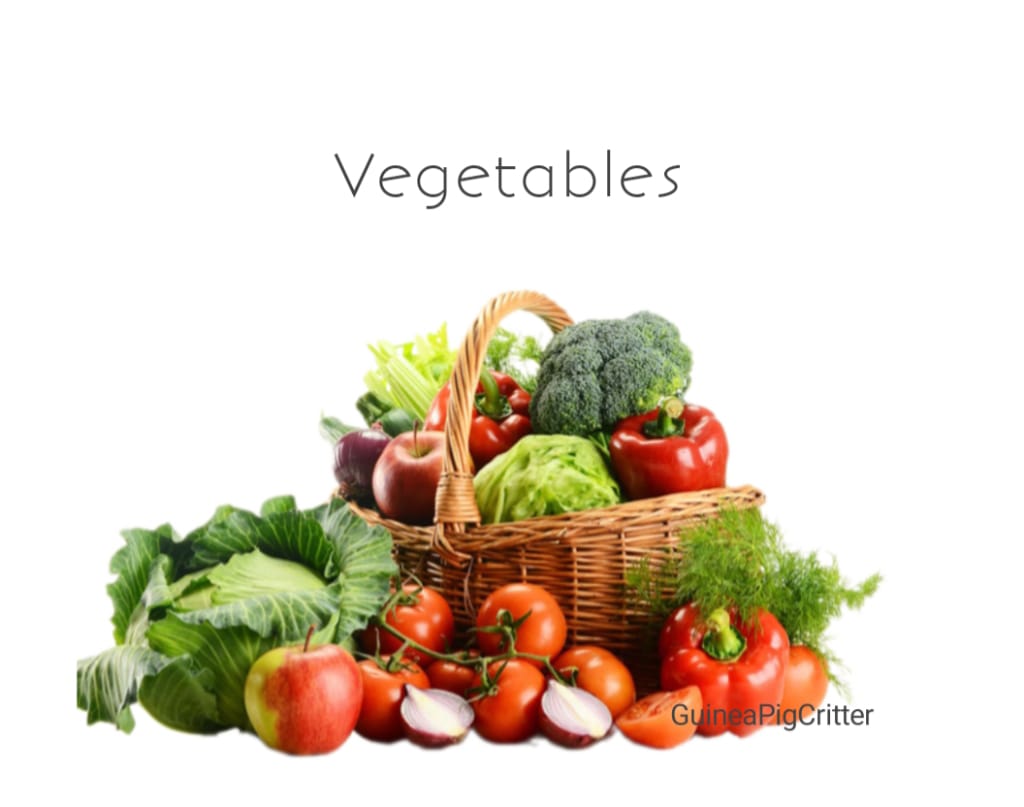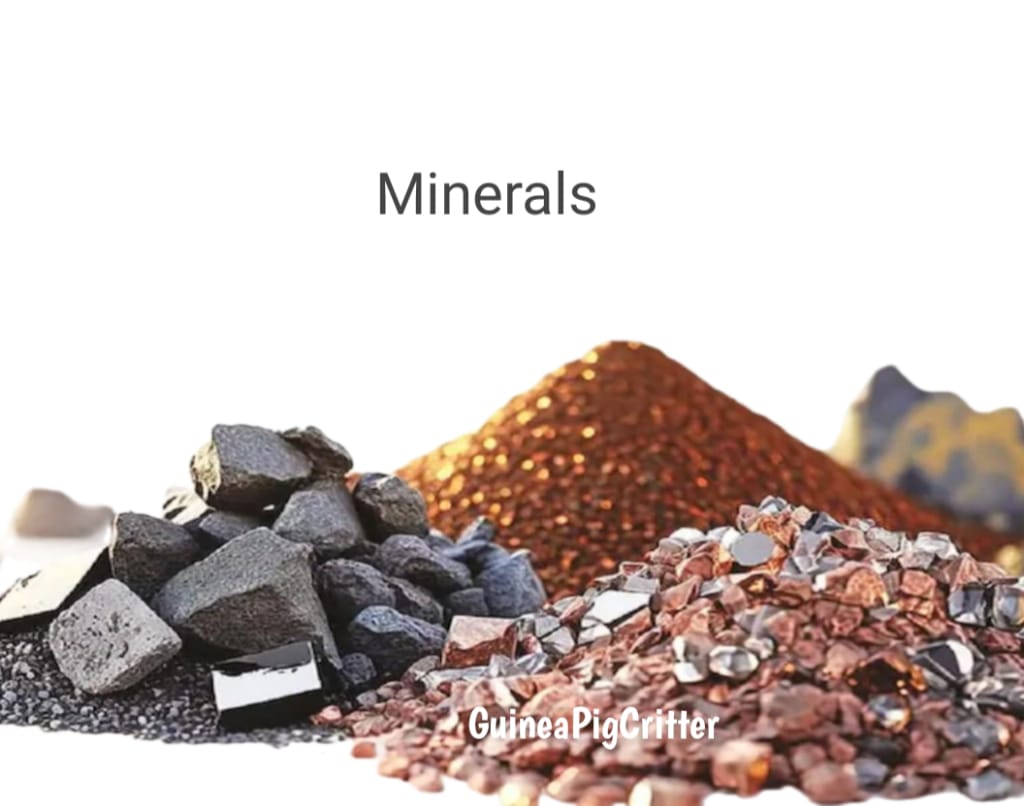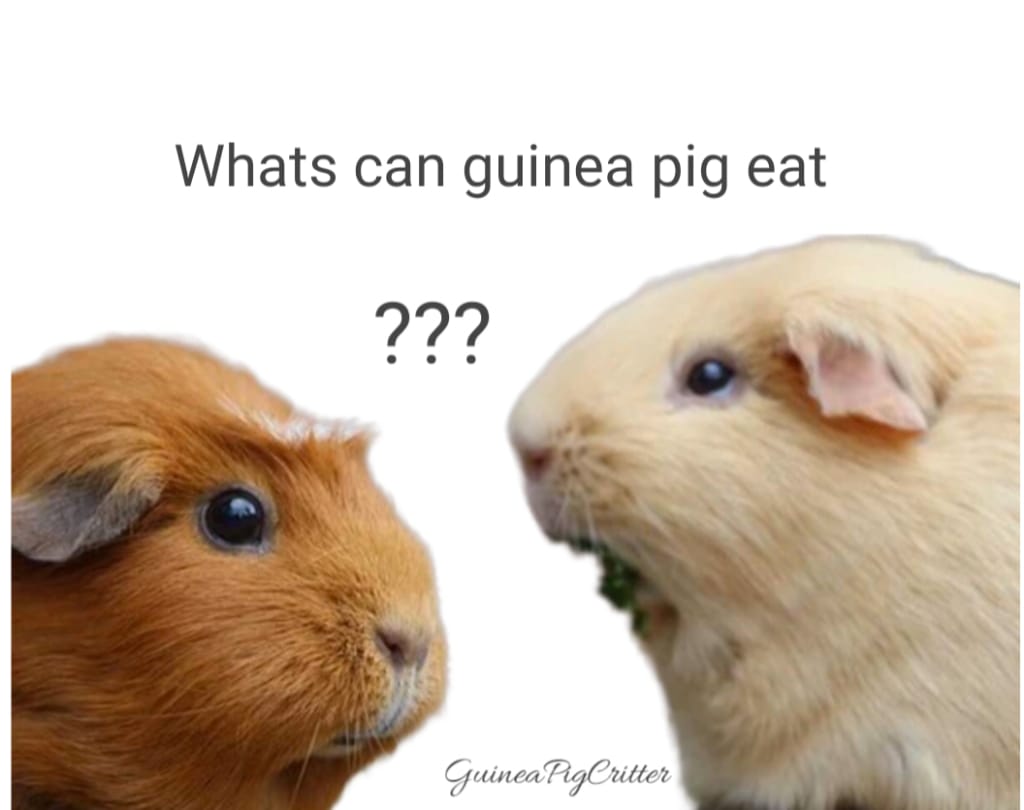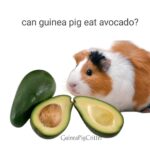Guinea pigs also known as cavies are attractive and sociable pets that bring happiness to many homes. Hence, it is important to make sure that they are provided with a balanced and nutritious diet. Guinea pigs do well on a strictly herbivorous diet composed primarily of hay, fresh green vegetables as well as a small amount of fruit.
This manual will provide detailed information about the essential vegetables and minerals needed for your guinea pig’s healthiness plus why vitamin c is very important in their food.
Greens for guinea pigs
Vegetables are crucial parts of the guinea pig’s diet as they have vitamins, minerals and fibers essential for growth. Here are some safe vegetables you can give your pet and what to avoid at all costs.
Safe vegetables
Leafy greens:
Kale: this leafy green vegetable contains vitamin c and calcium, making it an ideal addition to your guinea pig’s menu. However, due its high calcium content, this plant should not be overfed so as to prevent urinary tract infections.
Romaine lettuce: romaine lettuce is a good source of vitamin c compared to other leafy greens which contain higher levels of calcium making it safer for regular consumption.
Spinach is a rich plant in vitamin a, c and k. It is nutritious but contains oxalates which may result in formation of bladder stones if fed too much and so it should be given with caution.
Swiss chard: this vegetable is full of vitamins and minerals. Like spinach, it should not be offered to guinea pigs in excess because it has oxalate content.
Root vegetables:
Carrots: carrot sticks are a fan favorite treat for guinea pigs. They contain plenty of beta-carotene (vitamin a), giving them a crisp texture that guinea pigs go crazy for. However, since they have high sugar levels carrots should only occasionally be administered.
Beets: for guinea pigs both the roots and greens of this vegetable are safe. Even though beets are great sources of fiber as well as essential nutrients they should only be given sparingly since they contain sugar.
Other vegetables:
- Bell peppers: bell peppers especially red ones are packed with vitamin c. They are low calorie food and can thus be eaten by the pet anytime.
- Cucumbers: they keep one hydrated apart from being low on calories. So during summer holidays give your pets cucumbers that will quench their thirst as well.
- Zucchini: these make good low-calorie vegetables for vitamin-c source. You can serve your pets every day.
- Broccoli: it is full of vitamin c and fiber. Despite this fact, it can cause gas if overfed.
- Cauliflower: cauliflower is like broccoli in its nutritional value, although giving too much of it may lead to flatulence. It should be offered sparingly.

Unsafe vegetables
Some vegetables are dangerous for guinea pigs and should be avoided:
- Potatoes: the solanine present in potatoes is poisonous to guinea pigs. Besides, their high starch content makes them unsuitable for the digestive systems of guinea pigs.
- Onions: in guinea pigs, onions can cause hemolytic anemia which is a condition where red blood cells are being destroyed faster than they are produced.
- Garlic: as with onions, garlic causes damage to red blood cells and should therefore not be given to them.
- Rhubarb: guineas cannot ingest rhubarb because oxalic acid found in it is toxic leading to severe health matters.
- Iceberg lettuce: iceberg lettuce is not poisonous but contains very low nutrients that cause diarrhea in animals when fed on it excessively.
Fruits for guinea pigs
For guineas these ones are such a delicacy though high sugar levels dictate that only small portions should be taken as shown below:
- Apples: their fiber content plus high vitamins and minerals content make apples good food source for vitamin c. Do not forget to get rid of seeds since they have cyanide which is poisonous.
- Bananas: avoid giving bananas in large quantities due to their high sugar content despite being rich in potassium.
- Strawberries: they are rich in vitamin c and antioxidants. You can give them once in a while as a treat.
- Blueberries: blueberries contain many vitamins and antioxidants. They are safe for guinea pigs but must be given sparingly.
- Oranges: these have lots of vitamin c. Give them occasionally because they cause mouth sores and digestive problems due to acidity.
Grains and seeds
Although not really necessary, grains and seeds can serve as occasional treats. Your guinea pig’s diet should not contain much of these since they tend to be quite high in calories as well as fat:
- Oats: oats help the body with fiber and some vitamins. Provide in small amounts.
- Barley: it is highly nutritious, however it should not be fed excessively because it is very starchy.
- Flaxseeds: flaxseeds have omega-3 fatty acids in plenty but you can give it carefully only.
- Chia seeds: chia seeds also have more omega-3s and fiber. Feed moderately.
Calcium:
- Importance: calcium is vital to bone health and growth, especially in young guinea pigs. However, an adult guinea pig would need an adequate supply for preventing bladder stones.
- Sources: such as lettuce and hay made from alfalfa (only for young guinea pigs).
Phosphorus:
- Importance: phosphorus builds bones and teeth with calcium. Maintaining the balance between calcium and phosphorus is important to prevent bone problems.
- Sources: grains, seeds, certain vegetables contain it.
Magnesium:
- Importance: magnesium helps muscles function properly as well as nerves. It also helps in absorption of calcium.
- Sources: such as spinach, almonds, flax seeds etc.
Potassium:
- Importance: potassium aids in conducting nerve impulses and muscle contractions. Also it plays a role of maintaining fluid balance within body cells.
- Sources: for instance bananas, bell peppers or leafy greens.
Sodium:
- Importance: sodium regulates fluid balance within body; this implies that it ought to be present for normal functioning of the nervous system.
- Sources: present naturally in vegetables so no extra salt should be added to a guinea pig’s diet.

The importance of vitamin c
Guinea pigs are unable to synthesize their own vitamin c like humans can hence they must acquire it from their diets. Scurvy can cause joint pain, lethargy among other health problems; therefore vitamin c becomes crucially important to any cavy’s wellbeing.
Sources
- Bell peppers: especially red bell peppers which have a lot of vitamin c.
- Kale: although it is rich in vitamin c, kale has lots of calcium so it should be offered in limited quantities.
- Parsley: another plant from which the guinea pig can receive some vitamin c.
- Oranges: it may have high levels of vitamin c but this fruit must be eaten or given with caution because of its acidity content.
Signs that your guinea pig needs more vitamin c
Swollen or painful joints–this could be as a result of arthritis caused by lack of enough vitamin c for a prolonged time.
Lethargy–weakness and laziness may also be signs that your guinea pig is not getting enough of this vital nutrient.
Loss of appetite-your pet will stop eating as it used to do. The food may taste bad to it because its sense of smell and taste are poor. Also, if you are feeding your guinea pig too much high calorie foods this could affect its metabolism leading to weight gain and tummy problems such as diarrhea, constipation etc.
Rough or thinning fur-your pet’s coat will become rough due to lack adequate collagen synthesis. This same condition may cause shedding off or molting whereby the animal loses most or all its hair. In addition, if you do not bathe your guinea pigs regularly their fur becomes greasy and matted making them look scruffy; hence difficult to notice skin conditions like fungal infections e.g ringworms, lice etc
Weight loss-this result from increased metabolic activity (body using stored fats) due low glucose concentration in blood vessels resulting from reduced amount sugars ingested into body cells during feed intake times
Preventing your guinea pig from suffering from lack of enough vitamin c
Make sure they eat fresh vegetables containing abundant vitamin c every day. Supplement with vitamin c but first have your vet’s advice before you start. Rules for feeding
Proper nutrition is essential in ensuring that your guinea pig remains healthy.
Introduce new foods gradually: avoid sudden changes to their diet which can cause digestive problems. Start introducing new vegetables and fruits one by one and observe them for any abnormal reactions.
Monitor for adverse reactions: when introducing a new food, be on the lookout for symptoms of allergies or digestive troubles such as diarrhea, bloating and reduced appetite.
Maintain a balanced diet: include a variety of vegetables and limit fruits and high-calcium foods. Dried grass should constitute the majority of their meals while fresh vegetables form part of it.
Avoid overfeeding: especially with high-sugar or high-calcium foods to prevent health issues like obesity and bladder stones. High-calcium vegetables should be given sparingly while fruits should only be an occasional treat.
Feeding schedule
- Daily: unlimited hay, a mix of leafy greens, and other safe vegetables.
- Occasional: fruits, grains, and seeds as treats.
Frequently asked questions (AFQs)
How often should i feed my guinea pig fresh vegetables?
Fresh vegetables should be offered on a daily basis. To ensure a balanced diet, one can give different kinds of leafy greens and other safe vegetables.
Can guinea pigs eat vegetables every day?
Yes, guinea pigs can eat vegetables every day. A variety of different vegetables ensure the provision of essential nutrients in their diets.
What are the signs of a nutritional deficiency in guinea pigs?
It is characterized by lethargy, weight loss, rough or thinning fur, swollen joints as well as poor appetite. Scurvy is among the commonly identified problems caused by vitamin c deficiencies in these rodents.
Are there any vegetables that guinea pigs should 100% avoid?
Yes, guinea pigs should avoid potatoes, onions, garlic, rhubarb and ice berg lettuce due to their toxicity or lack of nutritional value.
How can i make sure my guinea pig gets enough vitamin c?
Include a variety of vitamin c rich vegetables such as bell peppers, kale and parsley. In addition to this, you may consider a vitamin c supplement if recommended by a vet.
Conclusion
To ensure that your guinea pig remains healthy and happy you need to feed it with a balanced and varied diet. This involves including some safe vegetables among others fruits in their menu as well as ensuring they get essential minerals and vitamins especially vitamin c. Always introduce new foods gradually and monitor your pet for any adverse reactions. With the right care and nutrition your guinea pig will live long and healthy life.


